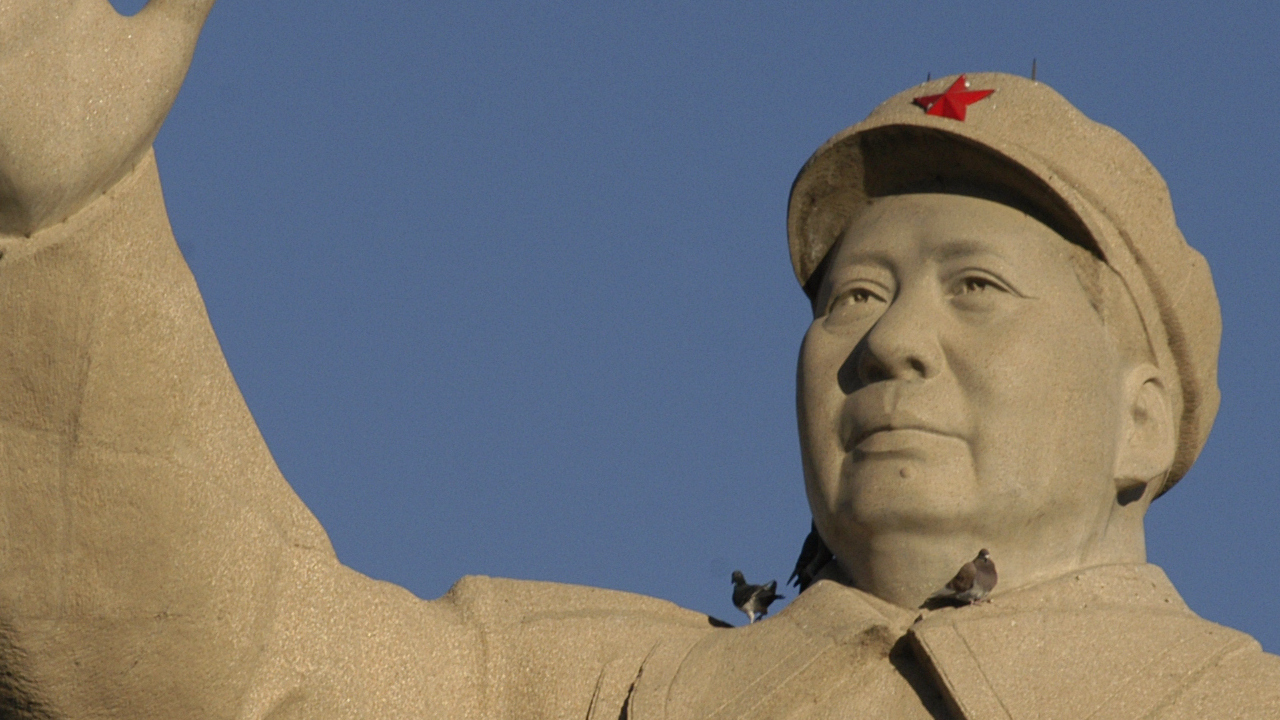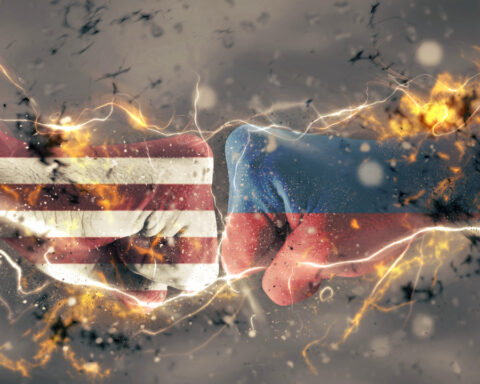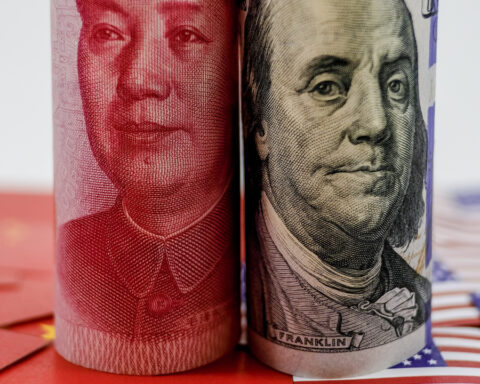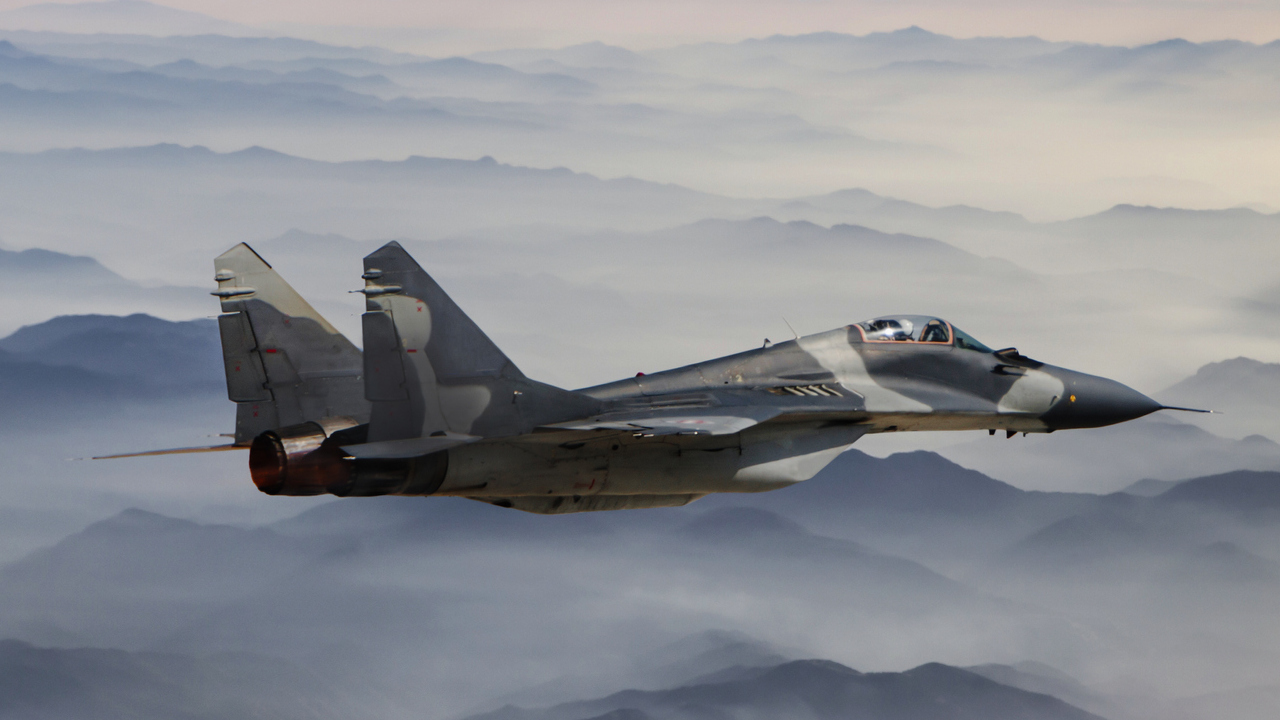China and the Soviet Union were in similar periods of transition during the late 1970’s and the subsequent decade. Both were powerful, single party communist states, and despite the Sino-Soviet Split that had damaged their ideological cohesion, were still politically and economically comparable. However, the deaths of Mao Zedong and Leonid Brezhnev left leadership vacuums, which after initial periods of struggle were filled by two men that would alter the course of history for both states. Deng Xiaoping would revolutionize China’s institutional framework, turning it into an economic juggernaut led by a strong central government. Mikhail Gorbachev, though he had noble intentions of democratization, would implement aggressive policies via perestroika and glasnost, leading to the swift downfall of the Soviet Union. Deng was a veteran political expert who understood the context from which he was operating, and was therefore able to implement effective policy. Gorbachev, as an idealogue bent on societal revolution, did not have the necessary perspective to understand that his country was not politically, economically, or socially capable of handling such radical change. As a result, China ascended to become a major world power, and the USSR faded into the ash heap of history.
No discussion of the dichotomy between Deng’s China and Gorbachev’s USSR can begin without first giving background on the Sino-Soviet Split, and the leadership of Mao and Brezhnev. Cracks had begun to appear in the relationship between China and the Soviet Union in the 1950’s, primarily due to tensions between their respective parties: the Chinese Communist Party (CCP) and the Communist Party of the Soviet Union (CPSU). The CPSU had enjoyed the pre-eminent position between the two due to the longevity of its tenure and the USSR’s position as the source of Leninism. Mingjiang Li argues that the reasons for the split were based primarily on differences in Communist ideology, with an emphasis on domestic politics. Mao had begun the process of radicalizing China via the Great Leap Forward, and consistently criticized the Soviet government under Nikita Khrushchev for its departure from strict Leninist socialism (Mingjiang, 2011). Speaking to the Chinese political situation, Mingjiang declares, “Once the domestic priority became class struggle and preventing revisionism, China could not go along with the Soviet ideological framework that emphasized peaceful coexistence with the Western capitalist countries and domestic political moderation” (Mingjiang, 2011, p. 412).
Danhui Li and Yafeng Xia argue that this focus on ideological differences was actually a smokescreen, and that the true source of the split was a struggle between the two nations for the position of leader of the international Communist movement. Mao – emerging as the victor of the Chinese Civil War that pushed Chiang Kai-Shek to Taiwan in 1949 – had begun to distrust Khrushchev due to a series of perceived mis-steps in the 1950’s, and began to see himself as superior to Khrushchev on an ideological basis. He began to challenge the CPSU’s position as leader of the global Communist movement, believing the CCP to be better suited as the overall authority. This boiled over during a series of foreign policy disagreements in the early 1960’s, including Mao’s indictment of Khrushchev’s handling of the Cuban Missile Crisis and the CPSU’s reservations regarding China’s involvement in the Sino-Indian War. Talks attempting to bridge the divide continually failed, and the authors argue, “The CCP intended to present itself as the champion of true Marxism-Leninism and the natural leader of world Communism. The fraying of CCP-CPSU ideological and emotional connections was soon followed by the breakdown of the CCP-CPSU organizational leadership” (Danhui and Yafeng, 2014, p. 59). Occurring adjacent to these circumstances was the Sino-Albanian Split. Albania and the USSR had enjoyed a close diplomatic relationship due to their shared Communist ideology. However, as the USSR began to diverge from its Leninist and Stalinist roots under Khrushchev, Albania’s leader Enver Hoxha severed this close alliance in favor of China. This increased China’s legitimacy as the potential global leader of the Communist movement (Marku, 2020). In 1965, relations officially ended between the USSR and China, largely due to irreconcilable differences over intervention in the Vietnam War. Danhui and Yafeng state, “The disputes marked the formal collapse of the Sino-Soviet Alliance and the official split of the international Communist movement. Mao was unable to seize the leadership position in the socialist bloc…Mao decided to make a fresh start and organize a leftist contingent in the international Communist movement” (Danhui and Yafeng, 2014, p. 59). The two nations became bitter rivals.
Photo by Tanukiphoto, GettyImages.
Jack McPherrin is the managing editor of 1818 Magazine. Jack works as the research editor for the Editorial Department of The Heartland Institute, where he also contributes to the mission of the Socialism Research Center as a research fellow. He is in the final stages of completing his Master’s Degree in International Affairs from Loyola University-Chicago, where his myriad research interests primarily encompass domestic and international economic policy, global institutions, authoritarian regimes, and foreign affairs - with a particular emphasis upon Russia and China. Prior to his graduate pursuits, Jack spent six years in the private sector after graduating from Boston College with a dual Bachelor's Degree in Economics and History. He currently resides in the Lincoln Park neighborhood of Chicago, a few short miles from where he was raised.







